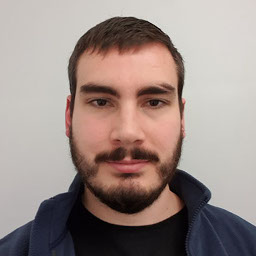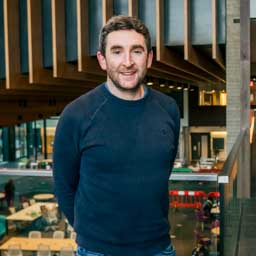Sport, Exercise and Physical Activity Research Group (SEPARG)
Group leader(s): Dr Greg Walsh, Dr Stuart Whigham
Contact: gwalsh@brookes.ac.uk
About us
Our interdisciplinary and international research agenda seeks to understand, intervene and improve the lives of those involved in sport and physical activity from grassroots to performance. Our work is multi-faceted and focuses on relationships of individuals and communities with sport, physical education, physical activity and health. Through our approach to research, we seek to offer real world solutions that can:
- contribute to the development and improvement of human performance in competitive sport
- influence health promotion and rehabilitation through sport, exercise and physical activity
- promote non-linear approaches to pedagogy in sport, exercise and physical activity, and their impact on human movement
- further enhance our understanding of participation, identity and social justice in sport, exercise and physical activity.

Related courses
- Applied Coaching Science (MSc)
- Sport and Coaching Sciences (MPhil / PhD / Masters by Research)
- Applied Sport and Exercise Nutrition (MSc / PGDip / PGCert)
- Sport and Exercise Science (BSc (Hons))
- Sport, Coaching and Physical Education (BSc (Hons))
- Sport, Physical Activity and Health Promotion (BSc (Hons) / DipHE / CertHE)
Research impact

Our research team has helped create ' 'LET’S MOVE: Physical activity for children and teenagers with and after cancer', a new guide that offers practical advice on safe exercise for children and teens affected by cancer.
This publication reflects a significant shift in thinking. Whereas rest was once routinely recommended for children and young people with cancer, growing evidence now demonstrates that regular physical activity can alleviate side effects such as fatigue and improve overall wellbeing.
The original version of this booklet was created by the multidisciplinary German network ActiveOncoKids, with Dr Peter Wright as a co-author. Building on this foundation, the Oxford Brookes team, Dr Wright, Dr Alba Solera-Sanchez, and Hayley Marriott have translated and adapted the material for the UK audience as well as added a chapter which is linked to technology and lessons learnt from the FORTEe project (the largest paediatric oncology exercise study in Europe).
Leadership

Dr Greg Walsh
Senior Lecturer in Sport and Exercise Science

Dr Stuart Whigham
Senior Lecturer in Sport, Coaching and Physical Education

/separg-08.jpg)
/separg-07.jpg)
/separg-05.jpg)
/separg-06.jpg)